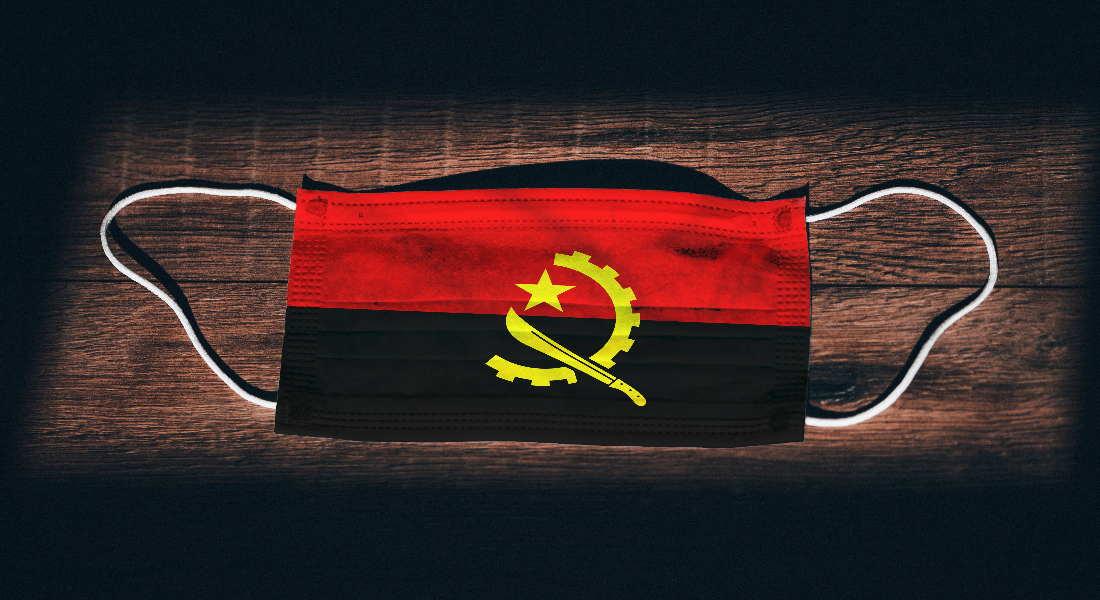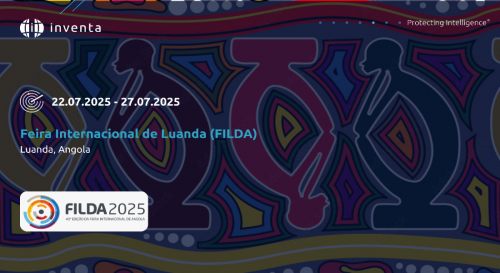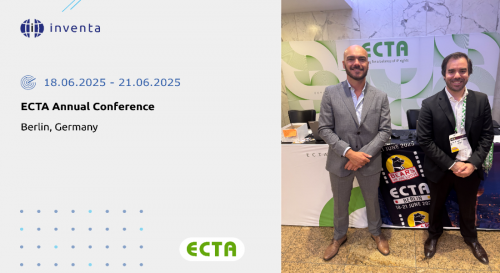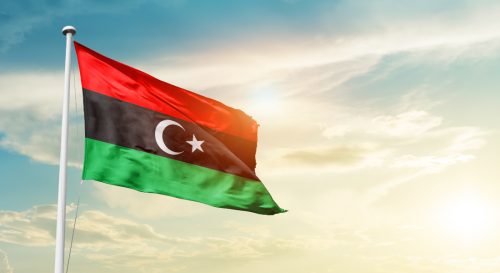
Is covid-19 a force majeure for trademark use in Angola?
In March, the Angolan government declared a state of emergency due to the outbreak of covid-19, enforcing mandatory lockdowns and the closure of all establishments trading non-essential goods and services. This lasted approximately one month, and since then the subject of the mandatory use of trademarks has frequently arisen.
The exception provided in Article 39(d) of the Angolan IP Law – which determines that trademark registration may expire due to non-use for a period exceeding two years, except in the case of a duly justified force majeure –was applicable during the state of emergency. Fortunately, the country’s state of emergency was a justified reason for force majeure. However, as the state of emergency has now been lifted and economic activity has largely resumed, the question arises as to whether covid-19 is still a justified reason for non-use. Since the relevant legislation refers to the force majeure generally, rather than defining concrete grounds for applying this exception of Article 39 (d), the application of this rule must be examined on a case-by-case basis.
There are arguments for and against the covid-19 pandemic as valid grounds for non-use. On the one hand, the arguments in favour are related to public health, in that entities should not trade or advertise goods or services under a trademark in order to prevent the spread of the virus. On the other hand, there is no justified reason to not use a trademark since there is no legal impediment to trade goods or services under a trademark and, in this regard, the non-use of the trademark may weaken it.
There are other covid-19-related occurrences that may have an impact on a trademark’s non-use in Angola. For example, the cancellation of international flights and the closure of borders could be a valid argument for entities that exclusively provide tourist services to suspend activities and the use of their marks until restrictions on entry into the country are lifted. However, this exception may not be extended to other areas that depend on customers visiting the country for professional or leisure purposes (eg, restaurants and retail stores).
Further, it is uncertain whether the impending global financial crisis constitutes a force majeure exception for the non-use of trademarks. Again, there are valid arguments for both positions; the unsustainability of maintaining the use of a trademark will result in financial losses for its owner (with a plan to use the mark in the future), but there is also the economic initiative of a third party that intends to exploit a trademark that is not being used by its owner, which has no prospect of exploiting it in the territory.
Overall, in the absence of concrete legal provisions, it is crucial to examine the arguments and evidence on a case-by-case basis in order to determine whether there is a valid reason for the non-use of a trademark in Angola.
This is a co-published article, which was originally published in the World Trademark Review (WTR).
Territory List
There are no results for your search.
- Africa
- Algeria
- Angola
- Benin
- Botswana
- Burkina Faso
- Burundi
- Cameroon
- Cape Verde
- Central African Republic
- Chad
- Comoros
- Congo (Republic)
- Côte d'Ivoire
- Democratic Republic of the Congo
- Djibouti
- Egypt
- Equatorial Guinea
- Eritrea
- Eswatini (Swaziland)
- Ethiopia
- Gabon
- Gambia
- Ghana
- Guinea
- Guinea-Bissau
- Kenya
- Lesotho
- Liberia
- Libya
- Madagascar
- Malawi
- Mali
- Mauritania
- Mauritius
- Mayotte
- Morocco
- Mozambique
- Namibia
- Niger
- Nigeria
- Réunion
- Rwanda
- Sao Tome and Principe
- Senegal
- Seychelles
- Sierra Leone
- Somalia
- South Africa
- South Sudan
- Sudan
- Tanzania (mainland)
- Togo
- Tunisia
- Uganda
- Western Sahara
- Zambia
- Zanzibar
- Zimbabwe
- Africa (OAPI)
- Africa (ARIPO)
- Other
- East Timor
- Macao
- Maldives
- Portugal
- European Patent (EPO)
- European Union Trademark (EUTM)
- International Trademark (Madrid System)
- Patent Cooperation Treaty (PCT)




